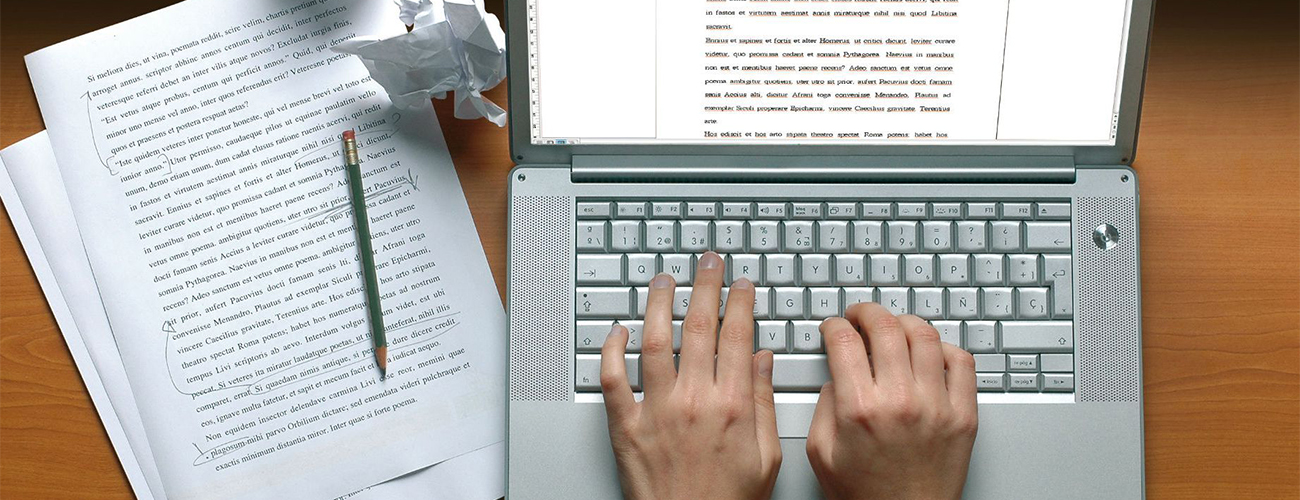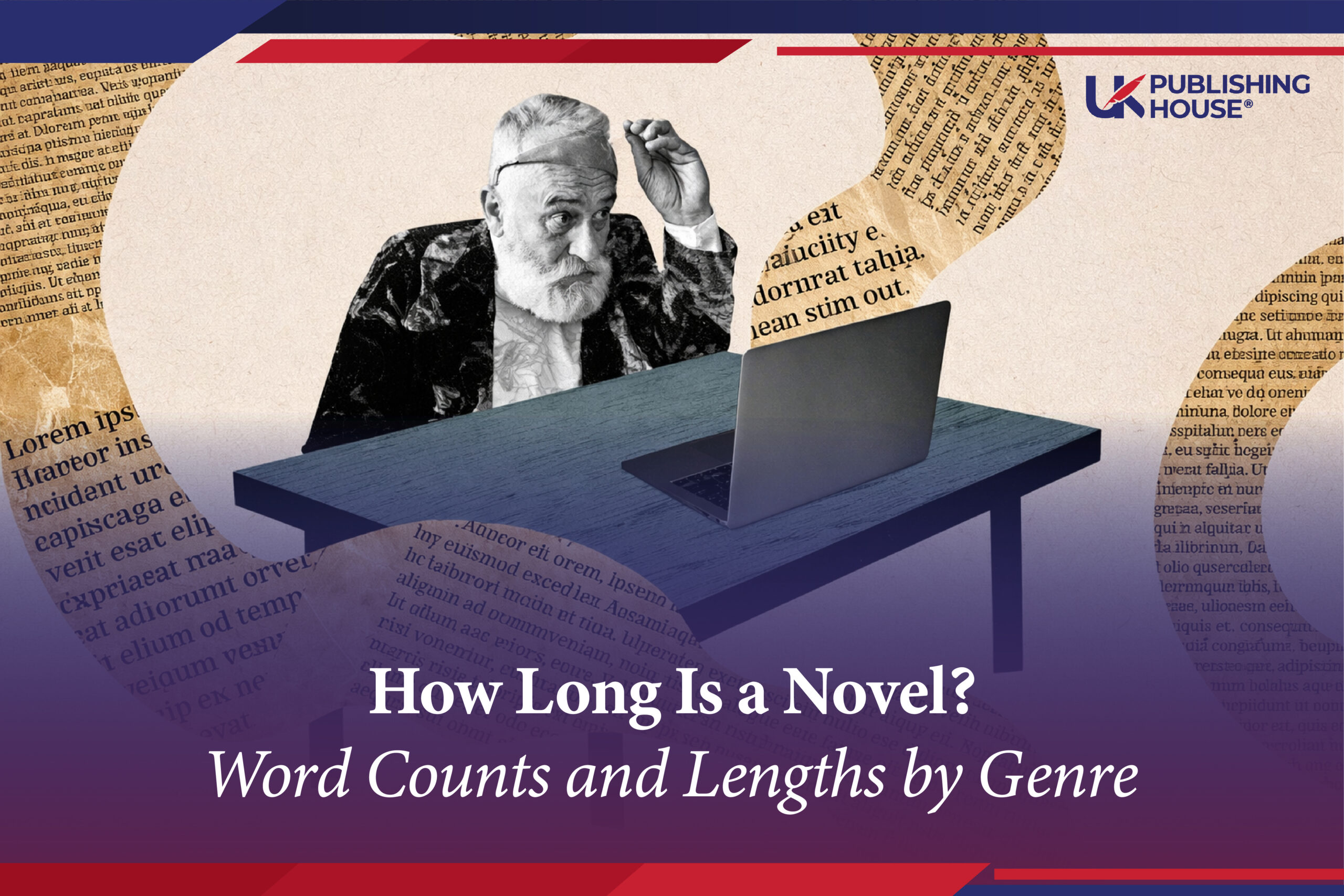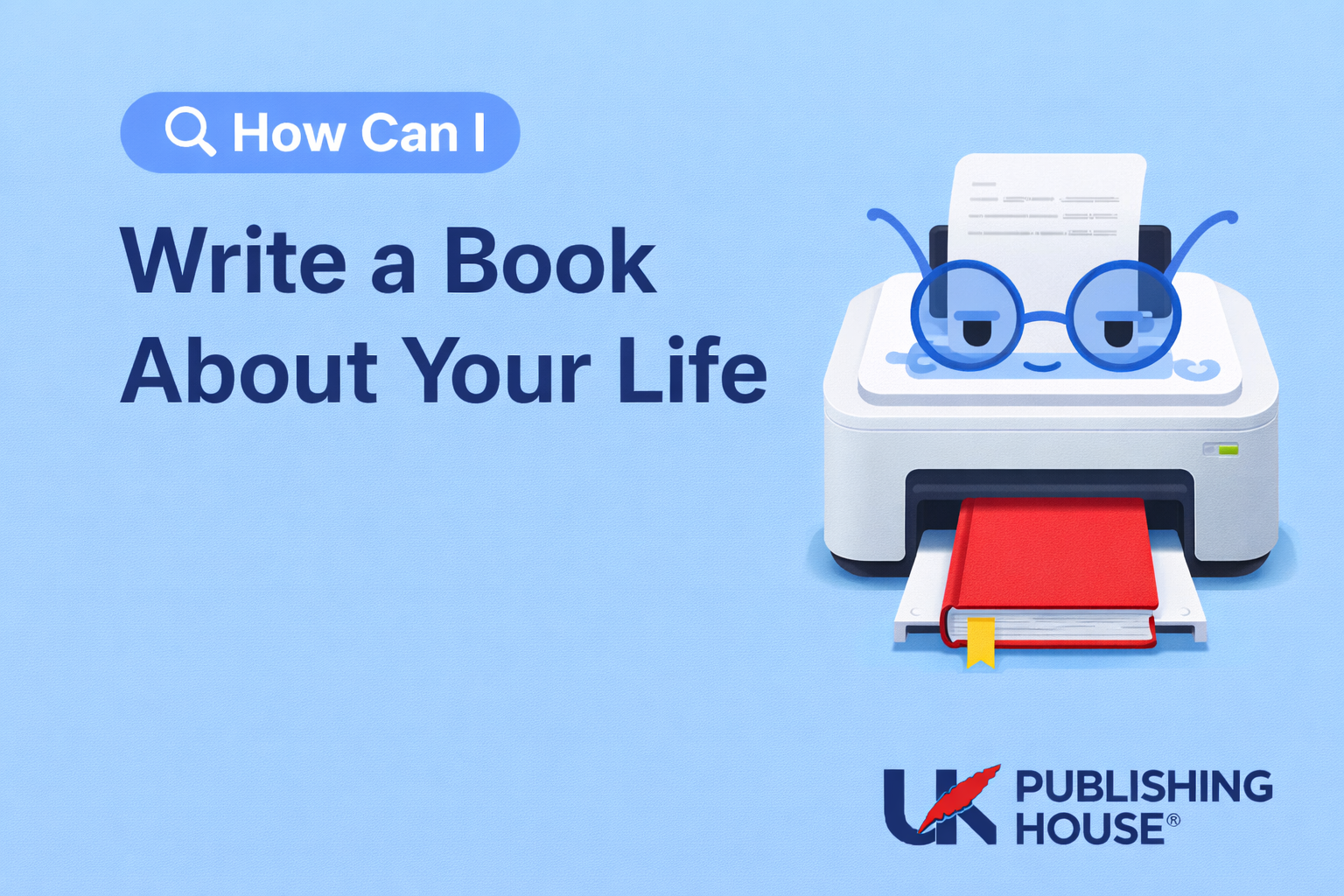Congratulations on finishing a manuscript, but don’t go out and publish it. There is one thing you can’t avoid—Book Editing. Book Editing is the process that turns a sloppy draft into a flowing, professional book. Too many inexperienced writers make mistakes that can destroy their prospects for success.
To help you avoid errors, these are the five most frequent Book Editing errors new writers should not make.
1. Skipping the Editing Process Entirely
Maybe the most frequent mistake of novice authors is to bypass Book Editing altogether. It makes sense after spending all those months writing to want to go to print right away after typing out the final word. But even good authors need Book Editing.
If you don’t edit, your Book may be riddled with grammatical errors, awkward sentences, or contradictions that annoy readers. An edited book is professional and makes readers trust you.
Pro Tip: Always leave some space free for Book Editing—self-edit first, then hire a pro to do it if possible.
2. Relying only on Spell Check
While programs like Grammarly or Microsoft Word spell check may be helpful, they’re never a substitute for true Book Editing. They may catch typos, but not context-dependent mistakes, tone issues, and consistency of style issues.
For example, the spell check will miss detecting that your eye color changes for your character in the middle of the writing, or that your thesis for your nonfiction book is not well established.
Pro Tip: Clean up with cleanup software first, then follow up with human Book Editing—yours or a colleague’s.
3. Editing Right After Writing
The majority of writers complete their initial draft without proofreading immediately. It is a fatal mistake. After devoting so much time to your novel for weeks or months, your mind will start to complete the blanks, so you don’t know when you made a mistake.
Taking a break from your Book once you have written is refreshing, and your Book Editing is easier and faster.
Pro Tip: Wait at least a few days (if not a week) before you make an edit. It’s going to provide you with time away from your work to catch errors that you originally overlooked.
4. Avoiding Big-Picture Problems
Other writers jump ahead to typo proofing without considering the issues of structure, pacing, and flow. Book Editing is not as much about grammar—it is about presenting material or a story in a readable, understandable, and uncluttered way.
For fiction, it guarantees character development, plot consistency, and real dialogue. For nonfiction, it guarantees clear explanations, rational organization, and sound arguments.
Pro Tip: Start with developmental Book Editing (big picture changes) and then move on to line editing and proofreading.
5. Avoiding Professional Assistance
Self-editing is fine, but not sufficient. You are so close to your work that you cannot spot all the errors. That is why Book Editing by professionals will be an eye-opener. Editors bring objectivity, experience, and critical thinking that most writers cannot.
A professional editor will spot the little inconsistencies, tighten your tone, and get your book industry-standard ready. It may be the difference between a bestseller and an average book.
Pro Tip: If you cannot pay to get your work edited, participate in writing groups or swap manuscripts with fellow writers, and ask them to critique.
Final Thoughts
Avoidance of these five most common errors can bring your Book from rough draft to a professional masterpiece. Keep in mind, Book Editing is not some nicety you can afford to skip—it’s the secret to creating a quality book people will love.
By devoting your manuscript the time and effort it deserves, not only will you be enhancing your writer’s reputation, but your prospects for success in a competitive book publishing environment as well.









